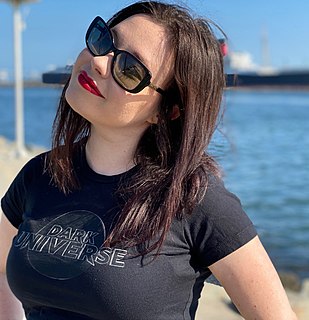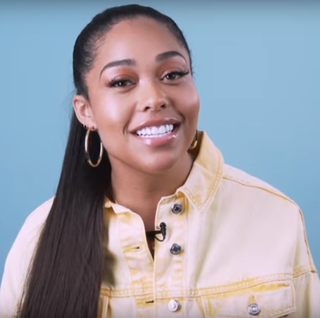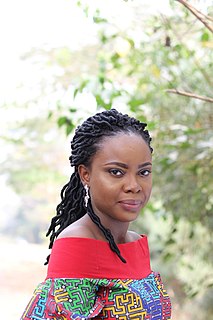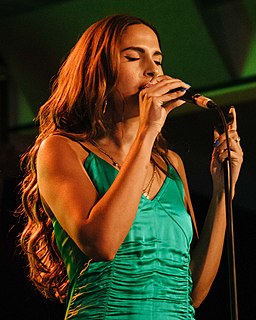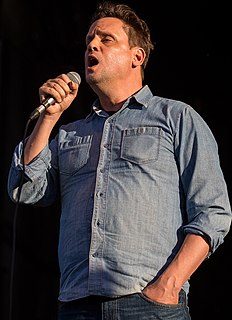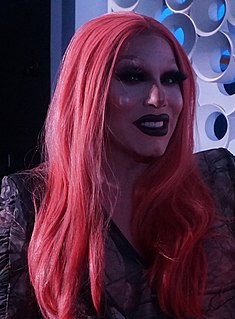A Quote by Randall Park
I remember in the '70s or the early '80s, there were a lot of viewpoints represented on TV. And I don't know what happened. I don't know what happened in the '90s.
Related Quotes
There's nothing that hasn't happened before, guys. In the '80s we were all doing the '60s. In the '90s, we were doing the '70s. There's not one way to wear jeans anymore though. Flared, skinny, ripped, high, low, whatever. It used to be that there was one cool jean. There was a while where it was stonewashed, god forbid.
I'm still very interested in the things that happened in the '80s and the '70s because I think that they were very important years for Nigeria. In the '80s, we were under a military dictatorship for quite a while, and I think that the way we engage with our country as citizens was shaped in many ways by the events that took place in that time.
I don’t know what happened through the ’80s, ’90s, and ’00s that took feminism off the table, that made it something that women weren’t supposed to identify with and were supposed to be ashamed of. Feminism is about the fight for equality between the sexes, with equal respect, equal pay, and equal opportunity. At the moment we are still a long way off that.
There were a lot of days when I thought maybe this isn't what I should be doing. There've been a lot of days where you get to the point where you're like, "I don't know if I've got the will to even do this." It's the type of game that doesn't let you walk away so that's what happened, I just kept coming back to it until something really happened for me.
When I was a kid, a lot of my parents' friends were in the music business. In the late '60s and early '70s - all the way through the '70s, actually - a lot of the bands that were around had kids at a very young age. So they were all working on that concept way early on. And I figured if they can do it, I could do it, too.


